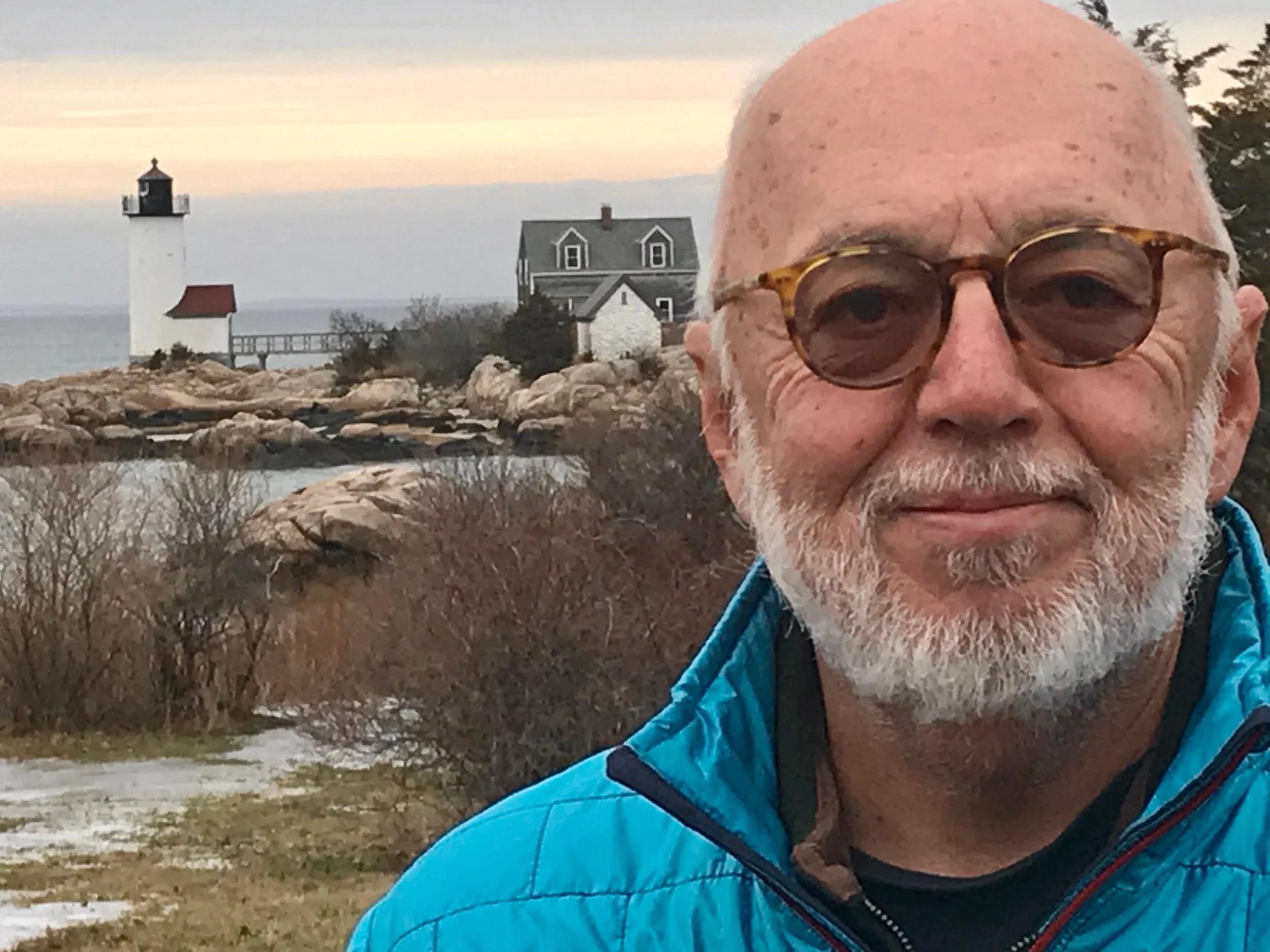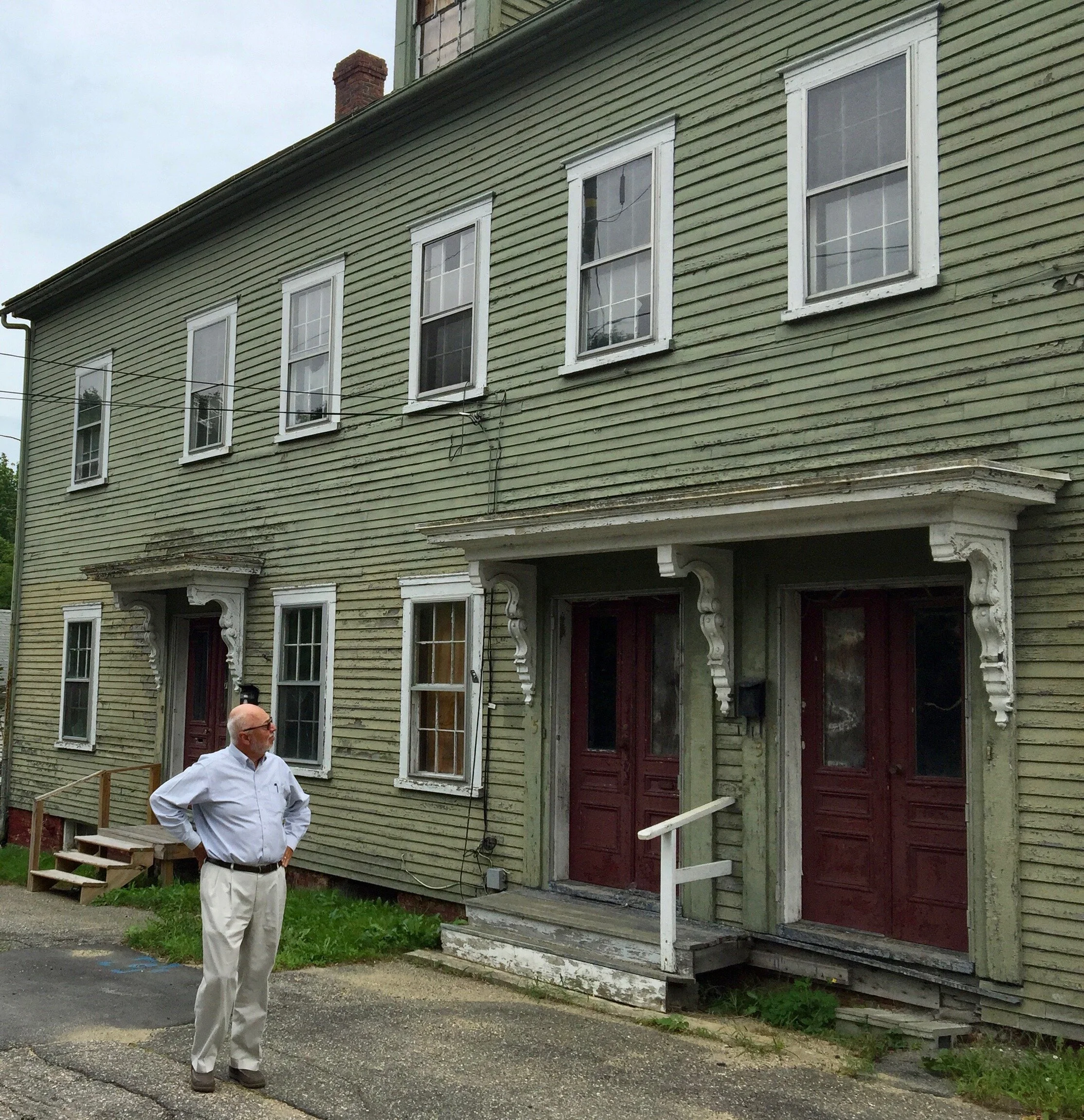John Christie is a veteran journalist with a reputation for getting the story, no matter what.
He has gone undercover at a state mental hospital to reveal lax treatment of patients. He refused a court order to reveal his sources for his series that exposed a pattern of police brutality in a Massachusetts coastal town. He has waded into riots, crashed secret government meetings, jumped out of an airplane and walked Gloucester’s greasy pole and written about all of it.
To get his own story, though, he had to do something even harder: mine his memory and his emotions to get to the bottom of why he was feeling so unmoored in his seventh decade. That’s where his experience as an investigative reporter came in handy.
Because now he had to investigative himself.
That eventually led him to take another risk. To trace the beginning of his family’s history – and his – he had to travel to a section of Turkey during a time when the U. S. State Department warned American citizens to stay away due to dangers from ISIS and the ongoing Syrian war.
Christie was born in 1948 in Dover, N.H., attended parochial elementary and high school and graduated in 1970 from the University of New Hampshire, where he majored in political science and worked for the college newspaper, The New Hampshire. He had the good fortune to study journalism with Professor Donald M. Murray, a Pulitzer Prize-winning journalist who is recognized as one of America’s greatest teachers of writing.
He worked as a city hall and statehouse reporter for Massachusetts daily newspapers owned by Dow Jones and Co. as the city editor of one of those papers, the Gloucester Daily Times, and as editor-in-chief of another Dow Jones paper, the Beverly Times. He spent five years covering the state house in Boston.
In 1986, he moved south to the South Florida Sun Sentinel, a Tribune Co. daily paper where he was an editor, writing coach and the vice president of strategy and development. He was the lead editor of the paper’s best-selling book on Hurricane Andrew and a series that was a finalist for the Pulitzer Prize.
In 2000, he came back north to be president and publisher of Central Maine Newspapers, a Seattle Times Co. subsidiary that published two daily newspapers, the Kennebec Journal (Augusta) and the Morning Sentinel (Waterville).
He retired from those newspapers in 2009 and went back this first love: investigative reporting. With his wife, Naomi Schalit, he founded the Maine Center for Public Interest Reporting, a non-profit news service specializing in investigative stores about Maine state government. In 2017, Christie and Schalit moved to Gloucester, Mass., having handed over the Center’s leadership to their successor, although Christie still consults with the organization.
His work has also appeared in the Boston Globe, Boston magazine, Yankee magazine, the Boston Phoenix, NPR-affiliate WBUR, the Center for Public Integrity and elsewhere.
He was won numerous awards for this work, including in 2014, when the New England Academy of Journalists awarded him the Yankee Quill for his lifetime contribution to journalism. He is a graduate of the University of New Hampshire, which in 2014 honored him by naming him the Donald M. Murray Visiting Journalist.
He has been on the visiting faculty of Bates College in Maine and the Poynter Institute for Media Studies in Florida and spoken on writing and newspaper management across the U.S. and in South American and Europe.
He has one son, Nicholas, and two step-children, Nat and Hallie Herz.
John Christie began his writing life in Gloucester, Massachusetts in 1970, and after making his career elsewhere, he returned there in 2017.
Christie in 2017 in front of his family’s tenement on Wentworth Street in Dover, New Hampshire. Photo: Naomi Schalit

